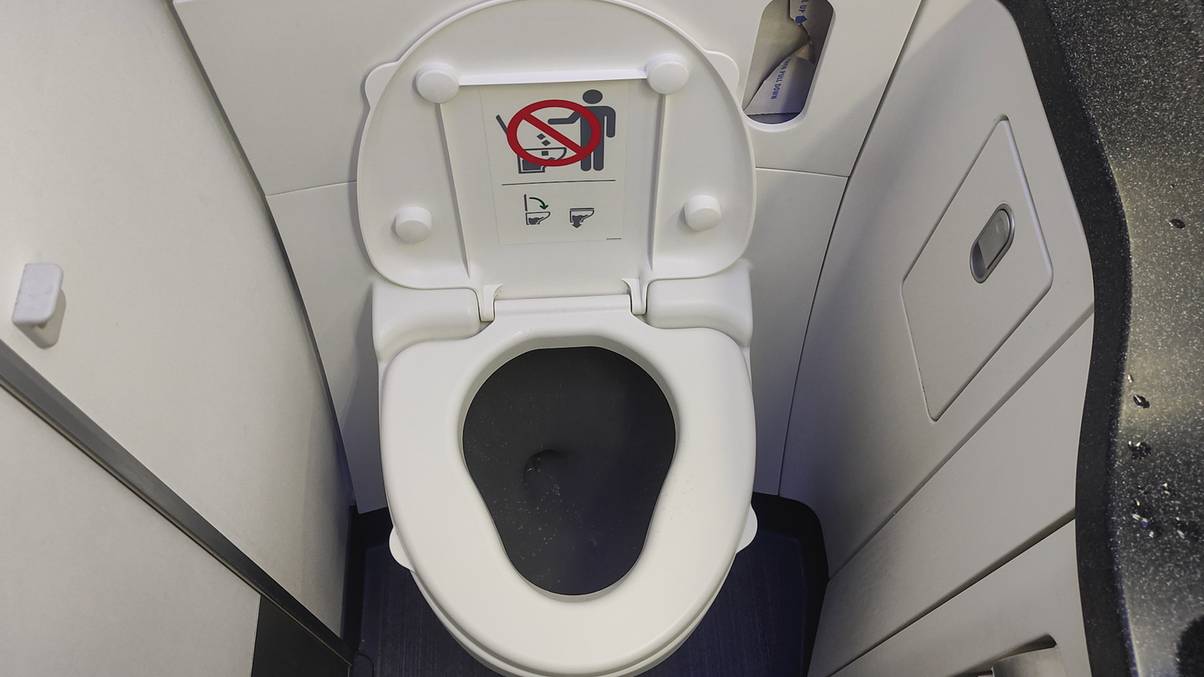“Unlocking Heartbreak: 12 Surprising Psychological Secrets That Explain Why We Really Break Up”
But for the rest of us, it’s a bit messier. Anxious attachment? Cue the overthinking and abandonment spirals. Avoidant attachment? Just shove those feelings down and pretend they don’t exist. Figuring out your attachment style might not fix everything, but it can explain a lot—and maybe even make healing a little easier.
4. Breakups Can Lead to an Identity Crisis


A breakup can shake your sense of self. After spending so much time with someone, you might start defining yourself by that relationship. Separation forces you to confront who you are without them, leading to feelings of confusion or loss as your identity changes.
While painful, this can be a chance for growth. Once the dust settles, you can redefine who you are and what you truly want from life.
5. The “Breakup Effect” Can Influence Future Relationships


Have you ever noticed how you’re more cautious in your next relationship after a difficult breakup? This is due to the psychological phenomenon known as the “breakup effect.” Following the end of a meaningful relationship, people often experience changes in their relationship preferences and behaviors.
Some might become more guarded or less trusting, while others treat their future relationships way better. It’s important to recognize when your past is holding you back.
6. Breakups Activate a Rebound Mode


One of the most common psychological responses after a breakup is the desire to “move on” quickly. Desperate to find something to fill the emotional void, the brain may prompt you to seek a new partner.













